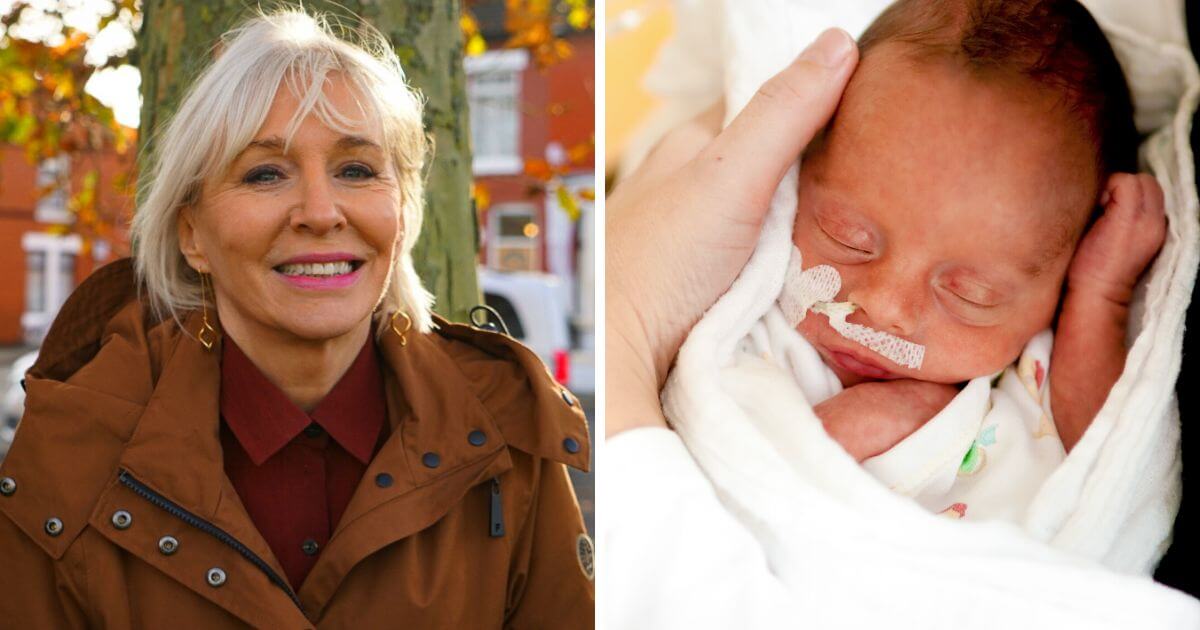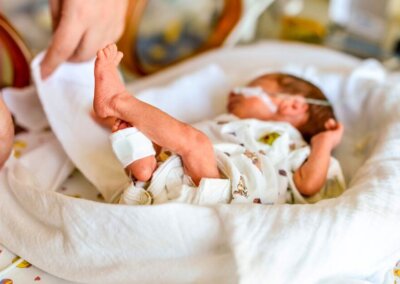The culture secretary, Nadine Dorries, has said the abortion limit in the UK should be lowered from 24 weeks to 20 weeks but also that “any woman who wants an abortion should just be able to have one”.
The cabinet minister’s comments were given in a Times Radio interview last week where she said that the current 24-week limit was “too high”. Instead, “20 weeks is what it should be”.
While she thought the limit should be lowered, she did not think that parliamentary time should be given to the debate and that the issue was “settled” within the Conservative Party.
“It’s not an issue in the UK”, she said. “We just have far too much going on at the moment, with the cost of living crisis, and a war in Ukraine, and Russia an aggressor in Europe now. I can’t get enough parliamentary time to get the bills that I want to get through in my department”.
However, Dorries said: “I think abortion for women should be available on demand, no need for two doctors’ signatures, that they should just be, if that’s the decision they want to make, they should be trusted to make that decision”.
Babies regularly survive below the abortion limit
The current abortion limit was lowered from 28 weeks to 24 weeks in 1990 based on concerns around viability. However, the latest research on fetal viability indicates that there have been significant improvements in neonatal survival rates at 22 weeks’ gestation in the thirty years since then.
Neonatal survival rates at 22 and 23 weeks’ gestation have improved from 0% in the period between 1981-1985 to 19% in the period 1986-1990, and to 54% in the period 1996-2000, according to a study based on a neonatal intensive care unit in London.
Neonatal survival outcomes between 22 and 25 weeks’ gestation significantly improve when neonatal hospital staff take a proactive approach in the care of premature babies, according to research that compared different approaches to the management of perinatal care in cases of extremely premature babies across Sweden.
30% survival rate for babies born at 22 weeks
Professor and medical doctor John Wyatt, Professor of Ethics and Perinatology at University College London and also Emeritus Professor of Neonatal Paediatrics, Ethics & Perinatology at University College London, presented evidence to Parliament in May that, in the UK and across the world, “there has been a steady improvement in the chances of survival of babies born at 22 and 23 weeks gestation since the Abortion Act was last amended [in 1990]”.
Professor Wyatt argued that medical techniques and technology have improved, and “the current abortion time limit of 24 weeks is not consistent with survival figures for babies born at 22 and 23 weeks gestation, and with current clinical neonatal and paediatric practice”.
Professor Wyatt cited, in particular, data from the British Association of Perinatal Medicine’s 2019 Code of Practice, which indicated an approximate 30% survival rate in babies born at 22 weeks.
Right To Life UK spokesperson, Catherine Robinson said: “While Ms Dorries’ abortion position is confused, she at least seems to have some recognition of the value of unborn life, albeit at a later gestation”.
“Abortions after 22 weeks typically involve a procedure known as feticide whereby the baby’s life is ended in the womb, before inducing labour so that the mother gives birth to a dead child. This involves the injection of potassium chloride directly into the baby’s heart to end the baby’s life”.
“The administration of potassium chloride in executions in the USA is considered so painful that it is necessary to first administer an anaesthetic before its use”.












